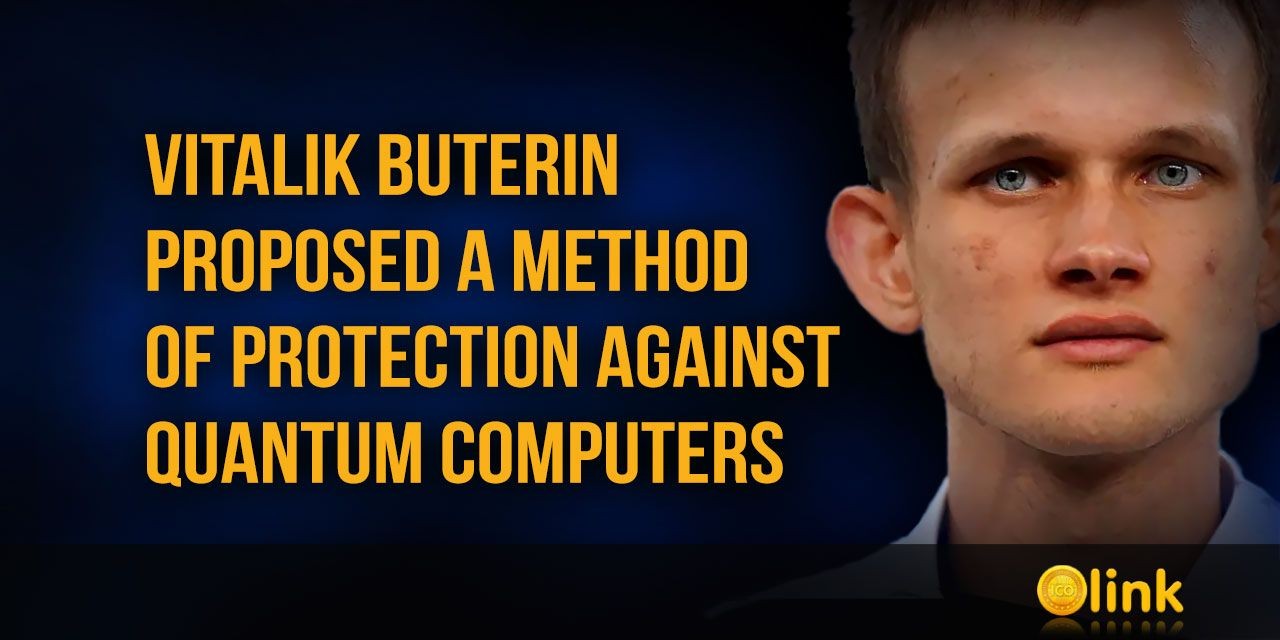Vitalik Buterin proposed a method of protection against quantum computers
Guarding Cryptocurrency Against the Quantum Leap: Vitalik Buterin's Blueprint for Enhanced Security
The intersection of quantum computing and cryptocurrency presents a double-edged sword. While quantum computing promises vast strides in various technological domains, it equally poses significant threats to the cryptographic underpinnings of cryptocurrencies. Ethereum's co-founder, Vitalik Buterin, aware of these looming challenges, has proposed a proactive solution to counteract potential quantum threats.
The realm of quantum computing, with its remarkable speed and computational prowess, carries potential implications that the cryptocurrency industry cannot ignore. With the capability to dismantle current security protocols, there's growing concern that quantum computers might compromise the inviolable nature of blockchain transactions.
Vitalik Buterin, always at the forefront of blockchain innovation, has recognized the pressing need to upgrade the defense mechanisms of user accounts against quantum vulnerabilities. According to him, the key lies in account abstraction, specifically through ERC-4337.
Buterin elaborated, "Through account abstraction, users gain an armor against quantum-based assaults. Should we abruptly enter a dominant quantum era, a hard fork might become essential for pre-existing accounts. Thankfully, by validating your unique 12-word mnemonic passkey via ZK-STARK, you can swiftly reclaim your EOA address."
Quantum progress has been both rapid and startling. To breach the Bitcoin network's security, it's projected that a quantum machine equipped with nearly 2 billion qubits would be required. Alarmingly, as early as 2017, an international team of scientists at Harvard managed to design a 51-qubit quantum computer. Meanwhile, experts from the prestigious Massachusetts Institute of Technology (MIT) have posited that while quantum computers currently can't crack crypto encryptions, they loom as potential threats in the foreseeable future.
It's worth noting that even the stalwarts of the crypto world aren't immune to cyberattacks. In a recent incident, Buterin himself fell prey to a hack where culprits manipulated SIM cards to circulate messages under his identity, promoting NFT distributions. This security breach led to substantial user losses, surpassing $690,000.
As we stand on the brink of a quantum revolution, the crypto community must stay vigilant. Innovations like the ones proposed by Buterin emphasize the need for foresight, adaptability, and an ever-evolving defense strategy in the face of emerging challenges.






